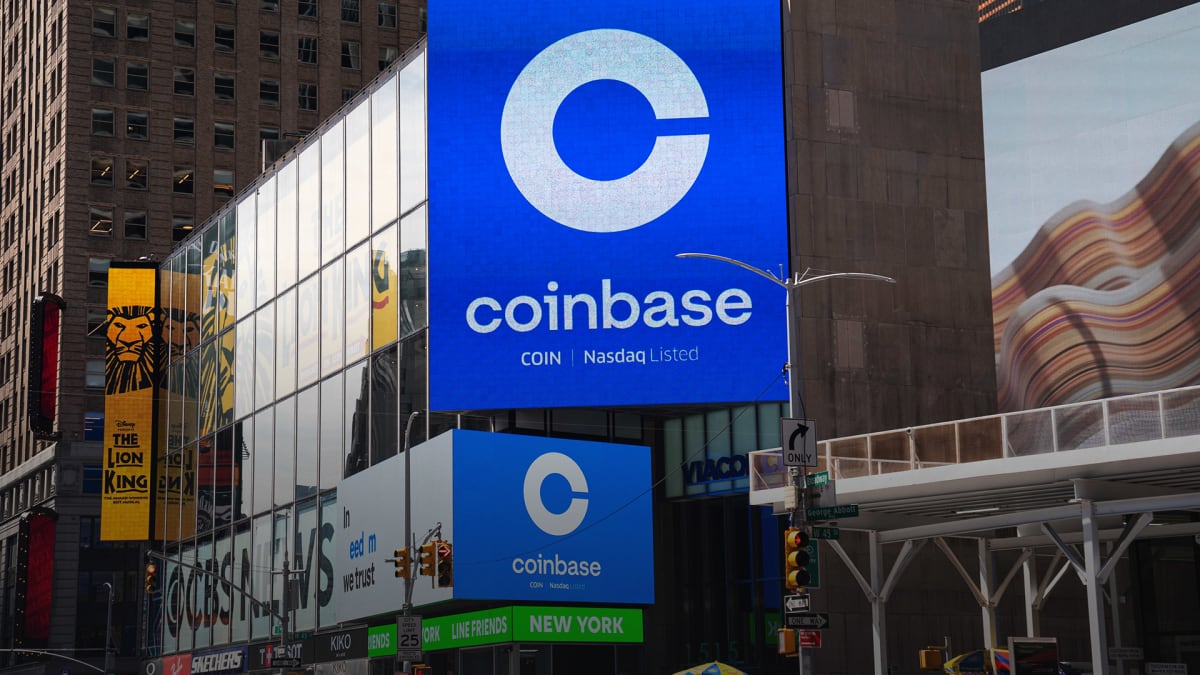
The crypto industry has just received a cold shower.
The U.S. Securities and Exchange Commission said on Feb. 9 that it settled with Kraken, with the cryptocurrency exchange agreeing to pay a $30 million fine.
But the most striking thing about the regulatory agreement is that Kraken, one of the main platforms on which investors can buy and sell cryptocurrencies in the U.S., has also agreed to close its American staking service.
"To settle the SEC’s charges, the two Kraken entities agreed to immediately cease offering or selling securities through crypto asset staking services or staking programs and pay $30 million in disgorgement, prejudgment interest, and civil penalties," the federal agency said.
The SEC alleged that Kraken's staking service was an illegal sale of securities. Kraken settled the case without admitting or denying wrongdoing.
What Is the Problem?
Staking is a way in which investors lock up – or stake – their crypto tokens with a blockchain validator. The goal is to be rewarded with new coins when their staked crypto tokens become part of the process for validating data on the blockchain.
Only blockchains that use the proof-of-stake validation mechanism -- such as ethereum, solana, cardano and tezos -- to ensure that transactions are verified and secured without a bank or payment processor in the middle allow staking.
"The reason your crypto earns rewards while staked is because the blockchain puts it to work," explains crypto exchange Coinbase.
The fall in cryptocurrency prices last year and the resulting drop in trading volumes caused many exchanges to rely more and more on staking services. Crypto staking programs have thus become an important source of revenue for platforms.
This was further accentuated with the passage of ethereum, considered the most important blockchain because last September it allowed the development of decentralized finance apps to the proof-of-stake validation mechanism. As a result, many investors put their ether, the native token from ethereum, on the blockchain and earn rewards.
This decision particularly benefited Coinbase (COIN), which became the second largest depositor of ether. Revenue generated by staking and other blockchain rewards represented 11% of Coinbase's total revenue in third-quarter 2022, up 2.5% from the second quarter.
The SEC's decision is therefore a blow to Coinbase. The company's shares fell 14%, their biggest daily drop since July 26, when the settlement between the SEC and Kraken was announced.
Coinbase stock remained down on Feb. 10. Investors seem convinced that the SEC could go against the platform's staking service. Last July, Bloomberg reported that Coinbase was facing an investigation by U.S. authorities to determine whether it had let U.S. investors trade digital assets that should have been registered as securities.
"Staking is not a security," Coinbase's chief legal officer, Paul Grewal, said on Feb. 8 as rumors about a potential enforcement action by the SEC were swirling around.
"Validators form no horizontal community or commonality. There's no vertical commonality, either. Validators don't expect rewards from significant managerial efforts of other validators--they expect rewards primarily from their own efforts and funds."
What Happens Now?
After the settlement announcement, Grewal indicated that there was a big difference between the staking products offered by Kraken and those offered by Coinbase.
"What is equally true: these products are basically yield products. True on-chain staking services like ours are fundamentally different," he argued, adding that, for example, "our customers have a right to their rewards. We can’t just decide not to pay any rewards at all."
He continued: "Our customers' assets always remain theirs and are accounted for transparently in regular public audits."
The SEC seems to disagree.
"When investors provide tokens to staking-as-a-service providers, they lose control of those tokens and take on risks associated with those platforms, with very little protection," the federal agency said in its statement.
But opinion is divided within the regulator body.
Commissioner Hester Peirce, known in the industry as "Crypto Mom,” said sharply that the SEC’s crackdown was "not an efficient or fair way of regulating” an emerging industry.
"Using enforcement actions to tell people what the law is in an emerging industry is not an efficient or fair way of regulating. Moreover, staking services are not uniform, so one-off enforcement actions and cookie-cutter analysis does not cut it," she said in a statement.







